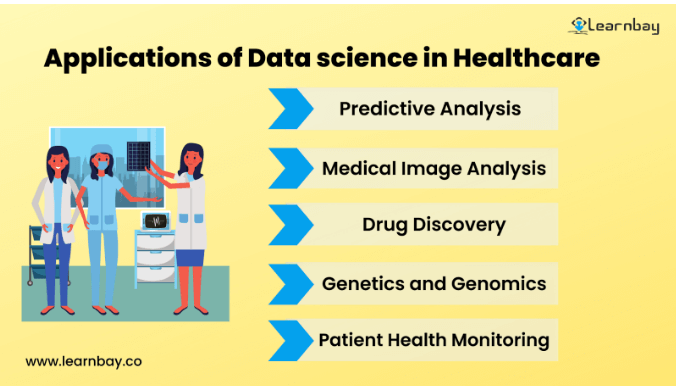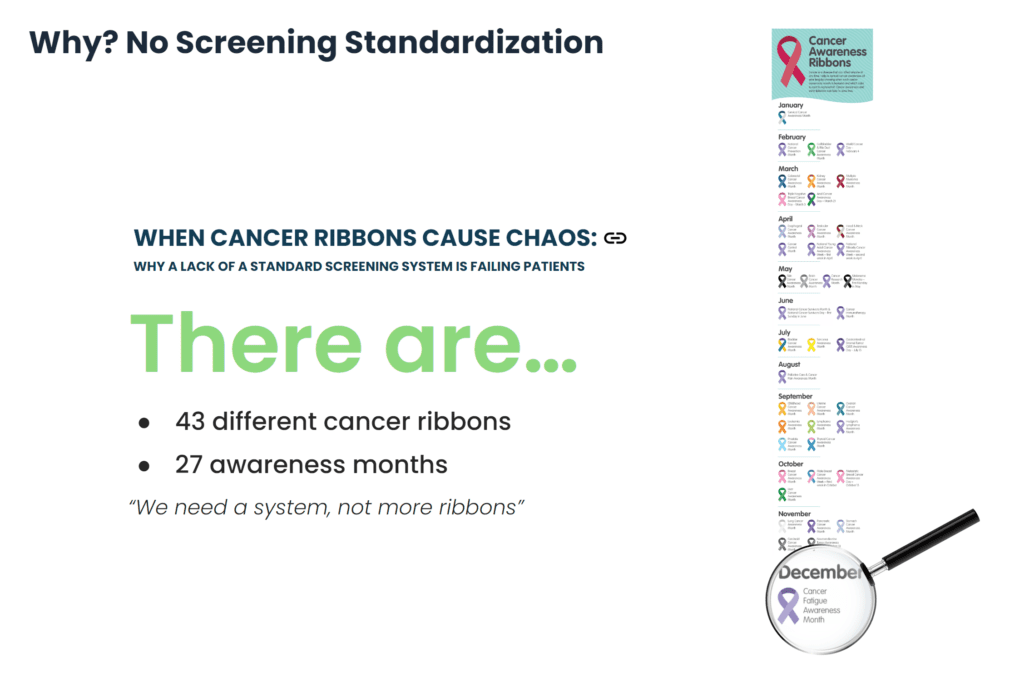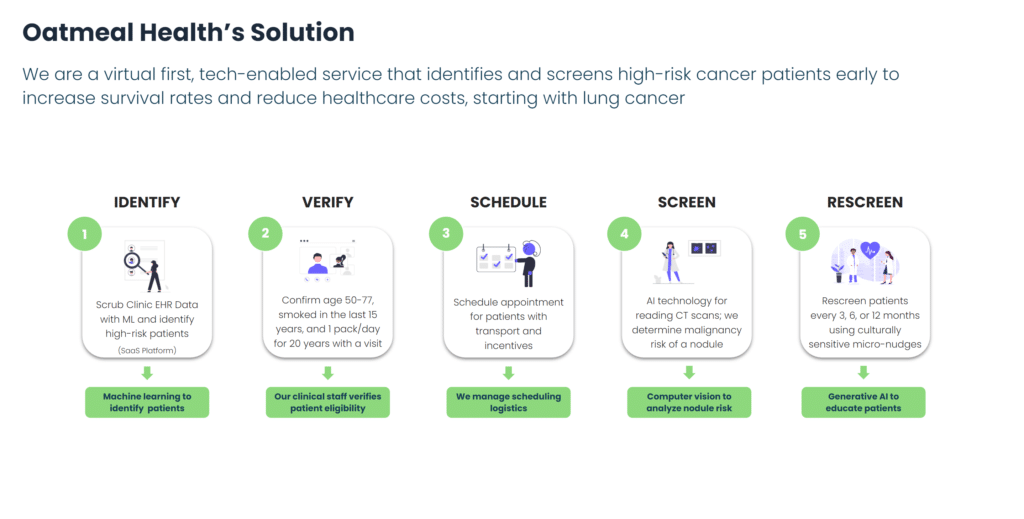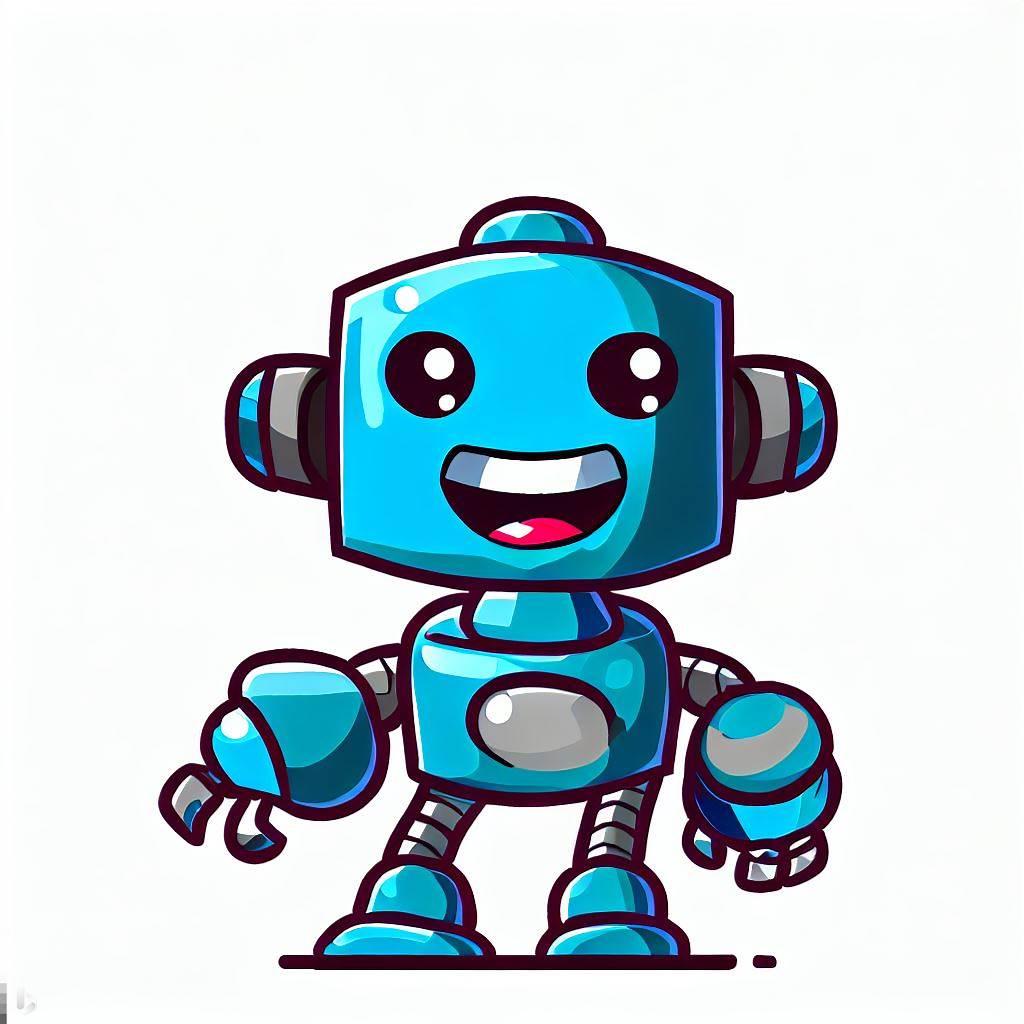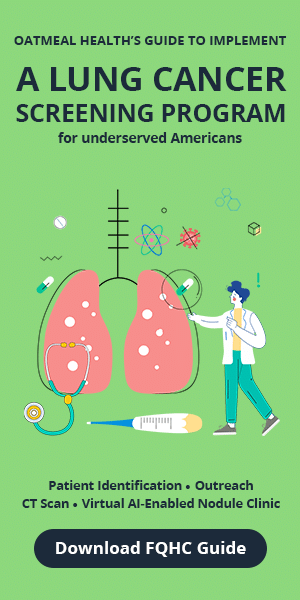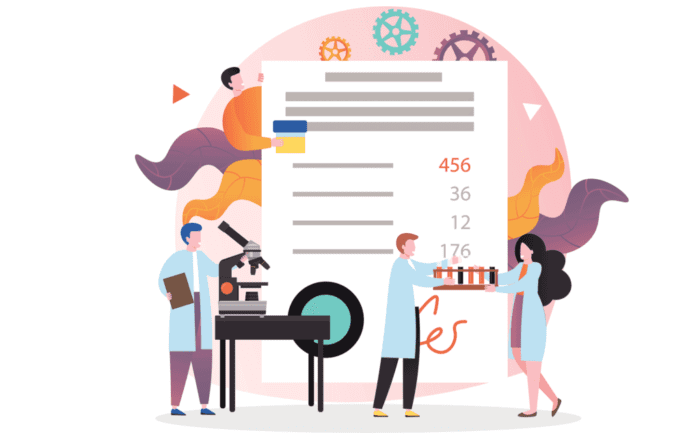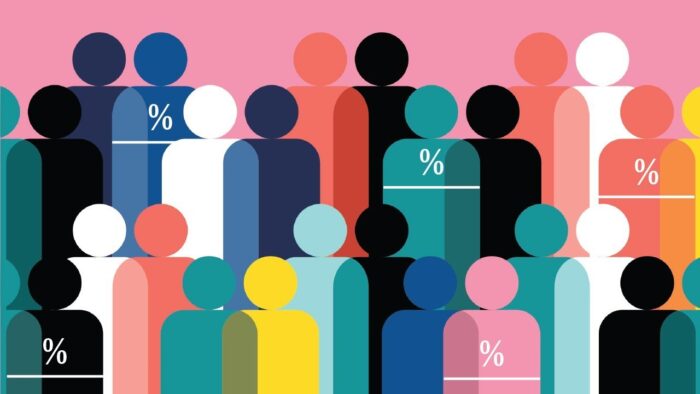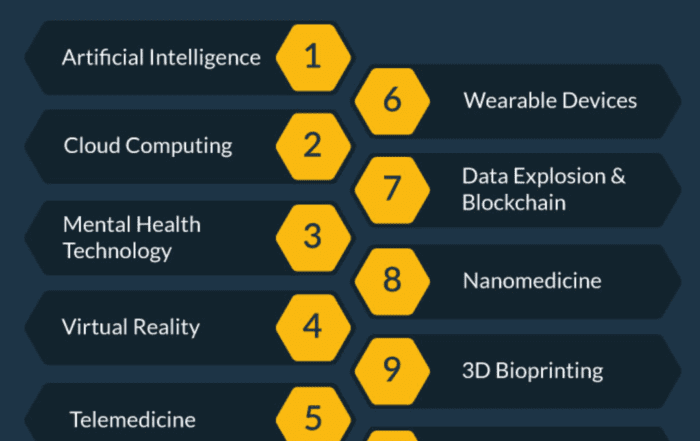Share this article and save a life!
The advent of artificial intelligence (AI) like ChatGPT, has revolutionized many industries, including healthcare. Among the numerous applications of AI, generative models are playing an increasingly significant role in creating personalized patient education and building trust.
This is particularly crucial in the fight against cancer, where patient education and trust can significantly influence treatment outcomes.
Generative AI and Personalized Education:
Generative AI, powered by natural language processing (NLP), can create personalized educational materials such as videos and messages tailored to each patient’s needs and preferences.
This technology can summarize complex medical data, explain diagnoses and treatment options, ask relevant questions, and provide recommendations. For instance, in the context of lung cancer, generative AI can provide detailed explanations of the disease, treatment options, side effects, and lifestyle changes needed to manage the condition effectively. This personalized education approach can make the patient feel understood and cared for, leading to higher compliance with treatment plans 1
Building Trust through Personalized Communication:
Trust between a patient and their healthcare provider is a key determinant of patient satisfaction and adherence to treatment recommendations.
Studies have shown that patients who are physically healthy and employed were generally more satisfied with their care. Interestingly, for patients who were less physically healthy and not employed, the similarity in communication styles of patients and providers had a greater impact on patient satisfaction. This suggests that having a provider who communicates in a way that resonates with the patient can significantly improve their healthcare experience 5.
Generative AI can potentially enhance this aspect of patient-provider interaction by creating personalized messages that align with the patient’s communication style. For instance, it can adjust the language, tone, and complexity of the information based on the patient’s preferences and comprehension level. Furthermore, it can ensure that the messaging is culturally sensitive and gender-appropriate, addressing potential barriers to effective communication and trust building.
Challenges and Future Directions:
While the potential benefits of generative AI in healthcare are enormous, it’s important to acknowledge the challenges as well. Data collection from patients and wearable devices is critical for AI to function effectively. However, not all patients have access to wearables or are willing to use them, and there may be issues with data accuracy and reliability. AI can help overcome these challenges by generating synthetic or augmented data to fill in the gaps or enhance the existing data 6.
Despite these challenges, the application of generative AI in healthcare, especially in lung cancer treatment, is a promising area that could enhance the quality and efficiency of patient care. By collecting and analyzing data, and identifying patterns, anomalies, and trends, generative AI can support clinical decision-making and empower patients to take charge of their own health 7.
How Does Oatmeal Health Plan To utilize AI to help fight lung cancer?
Oatmeal Health is a very unique AI-enabled clinical cancer screening and care navigation service for FQHCs and health plans that identify, screens, and re-screens under-represented patients year after year, starting with lung cancer, and breast and colorectal in the near future.
The problem with the current system for screening cancer patients is ribbons and not a standardized method, 43 of them to be exact, 27 awareness months See Infographic, and primary care doctors and staff that have little time to see their patients, 13 to 16 minutes to be exact.
Oatmeal Health combines the technology of AI – Machine Learning, Computer Vision, and Generative AI with the personal touch of nurses and radiologists that provides a tech-enabled service to offload all of the challenging aspects of screening so the primary care doctors can focus on what they do best and allow Oatmeal to identify and detect patients that are high-risk early.
Oatmeal Health’s AI:
- Machine Learning Patient Identification
By using machine learning, we are able to constantly monitor your patients’ medical records for any current or past illnesses as well as smoking history.
This information is crucial in identifying patients who are eligible for lung cancer screening as a 20-pack-year smoker, per USPSTF Guidelines, and developing personalized care plans specific to each patient’s needs.
- Nodule Risk Assessment Using Computer Vision
We assist with implementing an FDA-approved AI computer-aided diagnosis algorithm at the primary care health center that evaluates lung cancer CT scans nodules and assigns a malignancy risk score, utilizing various visual characteristics such as size, shape, and texture.
Based on the obtained score, we determine the subsequent course of action, including the recommended care path or rescreening schedule.
- Generative AI Patient Engagement
Our approach involves creating educational messaging and videos that are tailored to the patient’s gender, age, language, culture, race, ethnicity, and community, taking into account their unique identity and background. By doing so, we aim to foster cultural sensitivity and improve patient compliance with preventive screenings.
Seeing someone who looks and speaks like the patient can help to establish trust and enhance the patient’s engagement in their healthcare journey.
Interested in lung cancer statistics?
Such as Lung cancer causes more deaths than breast, prostate, and pancreatic cancers combined equivalent to 357 people dying in a jumbo jet crash daily. See more lung cancer facts.
Concluding Thoughts:
In the fight against lung cancer, generative AI can play a vital role by offering personalized education and fostering trust between patients and healthcare providers.
Oatmeal Health is pioneering the use of AI in the field of lung cancer screening, with a particular focus on underserved patient populations. By harnessing AI to identify high-risk patients, schedule and manage screenings, and carry out advanced analyses of imaging data, Oatmeal Health is able to provide a comprehensive, tech-enabled screening service that seeks to improve patient outcomes and reduce healthcare costs.
Given the potential challenges associated with using AI in healthcare, such as the necessity for accurate and reliable data collection and the need for personalized patient care, Oatmeal Health’s model of combining AI with a dedicated care team is particularly promising. This approach could potentially overcome some of the main barriers associated with AI use in healthcare, by ensuring that AI technology is complemented with human expertise and patient-centered care.
Share this article and save a life!
Author:

Jonathan is a seasoned executive with a proven track record in founding and scaling digital health and technology companies. He co-founded Oatmeal Health, a tech-enabled Cancer Screening as a Service for Underrepresented patients of FQHCs and health plans, starting with lung cancer. With a strong background in engineering, partnerships, and product development, Jonathan is recognized as a leader in the industry.
Govette has dedicated his professional life to enhancing the well-being of marginalized populations. To achieve this, he has established frameworks for initiatives aimed at promoting health equity among underprivileged communities.

